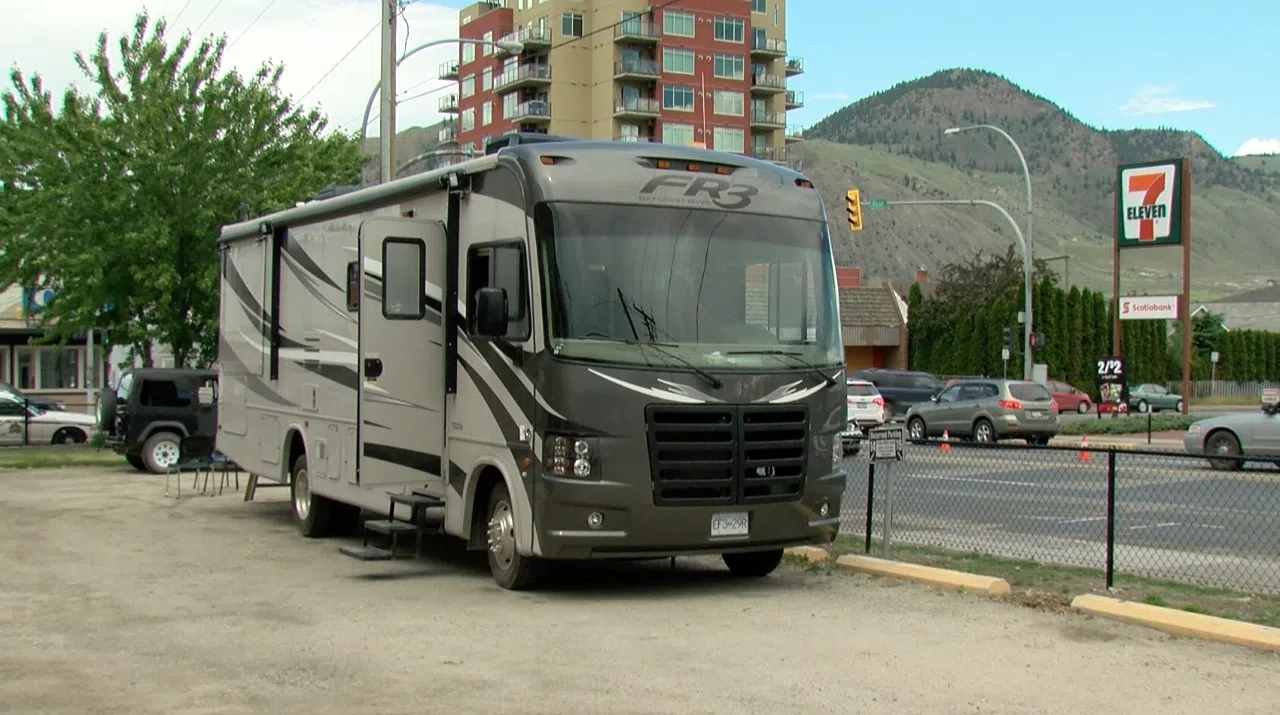
Overdose prevention service set to go mobile in June
KAMLOOPS — In response to the opioid overdose crisis, Interior Health has purchased a retro-fitted motor home to serve as a supervised drug consumption site.
On June 5, the unit goes mobile, however no drugs will be consumed inside the vehicle just yet.


